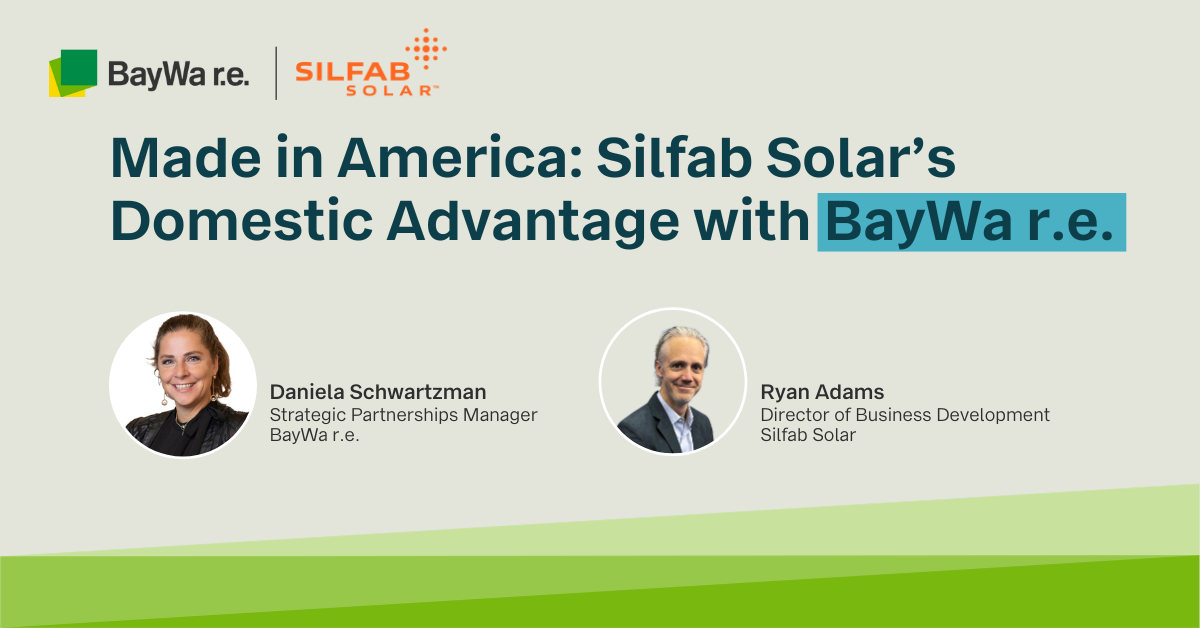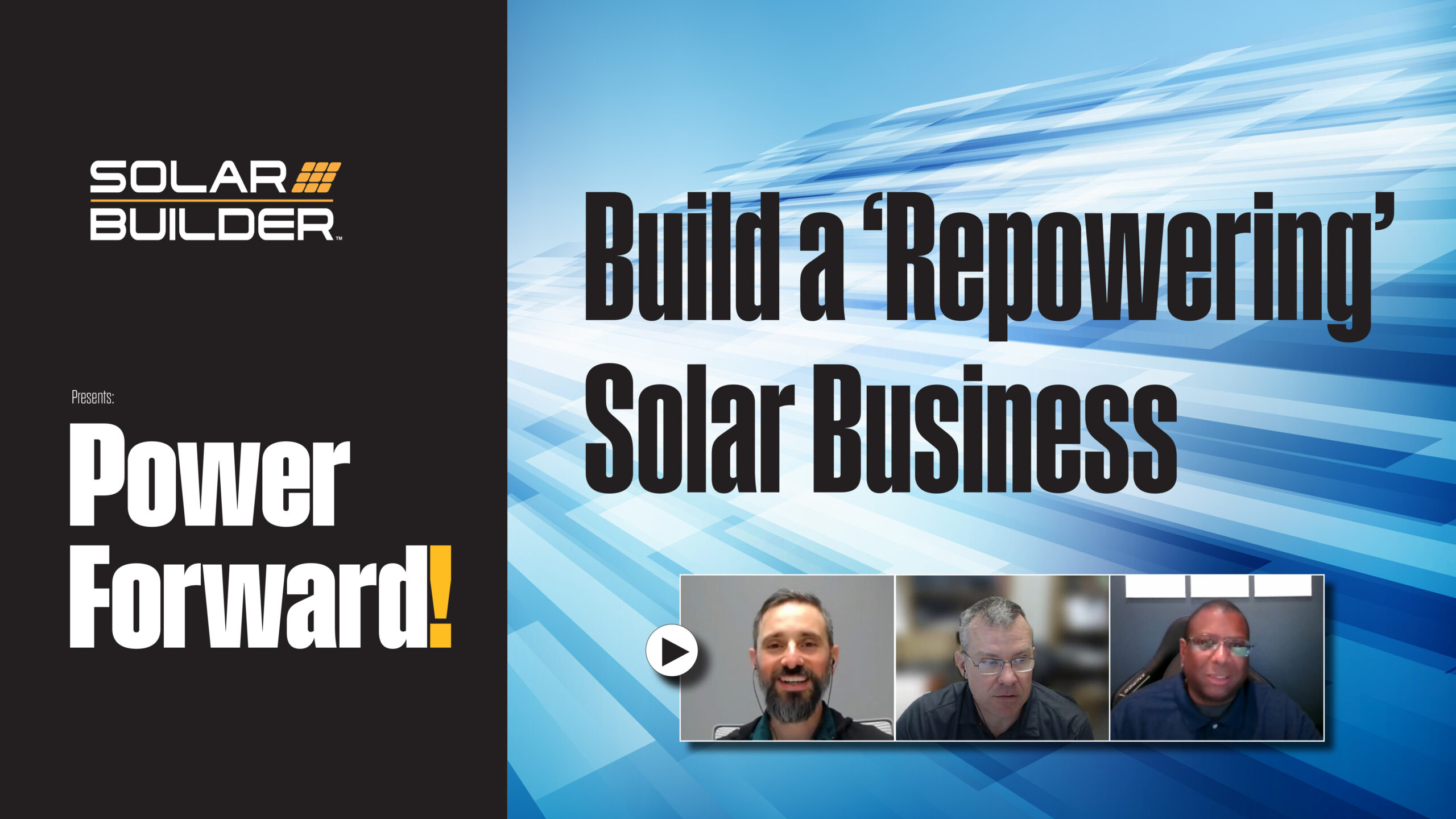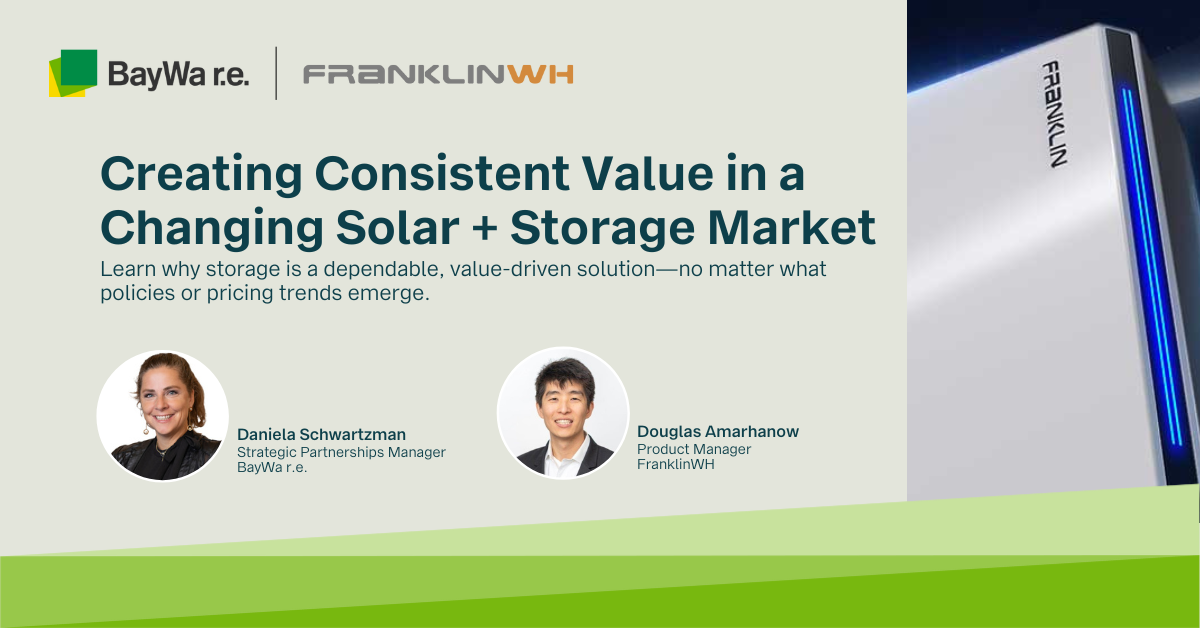This month’s town hall was brought to you in partnership between BayWa r.e. Solar Systems and 17TeraWatts.
Looking for best-in-class products, service, and a partner you can count on?
In our solar installation industry, “return on investment” is often our sales pitch to end users. But do consumers truly behave rationally? Is the key to solar sales simply dollars and cents — or should installers heed intangibles like emotion and legacy? For this special episode of our Solar Town Hall co-produced in partnership with 17TeraWatts, we explore concepts like behavioral change models and how installers can better implement listening, empathy, and perception throughout a customer’s journey with your brand.
Our Guests Today:
Varun Rai is a professor of the LBJ School and Director of the Energy Institute at University of Texas at Austin. One of his core research areas is understanding and quantifying the factors that lead to solar adoption by consumers.
Kelsey Ruger is the Vice President of Product at Hello Alice. Offering a perspective from outside the solar industry, Kelsey is an expert in harnessing design and technology to develop innovative products people love.
Stan Pipkin is the owner of Lighthouse Solar and Principal Architect at Pipkinc. Stan brings the solar contractor perspective and customer insights from 12 years of running a leading solar company in central Texas.
Scott Nguyen is the CEO of 17TeraWatts and a Fellow at UT-Austin Energy Institute. Scott brings a solar software and user experience perspective to the town hall conversation, along with some insights as to how non-geeks react to graphs.
Scroll down to find our podcast link and to read our full episode recap. Thank you all again for participating in our Solar Town Hall events and being part of our solar community!
Note to Our Podcast Listeners: Graphics of the two behavior models we discussed in this show can be found in the town hall recap below.
October 21 Solar Town Hall Recap
“Solar is a decision you don’t make very frequently,” said Varun Rai, Director of the Energy Institute at University of Texas at Austin and Associate Professor at the LBJ School of Public Affairs. That quote — and its implications for how homeowners approach the solar question — set the scene for our October 21 episode.
Most consumer decisions involve monetary and non-monetary factors, Rai said, and that is also true of solar. But the infrequency and costs of a solar purchase makes non-monetary factors especially worth paying attention to. The Theory of Planned Behavior — a term from psychology research — proposes that people respond to “subjective norms” (their own perception of a behavior, as influenced by family or society) and “perceived behavioral control” (their own perception of the ease or difficulty of that behavior). That means a person’s perceptions can lead them to seemingly irrational decisions. “This is largely driven by emotional decisions around how they view how they use money,” said Kesley Ruger, who serves as Vice President of Product at Hello Alice. And as a result, we as sellers and marketers might confuse what we think is rational consumer behavior with what are actually emotional ones on the part of the consumer.
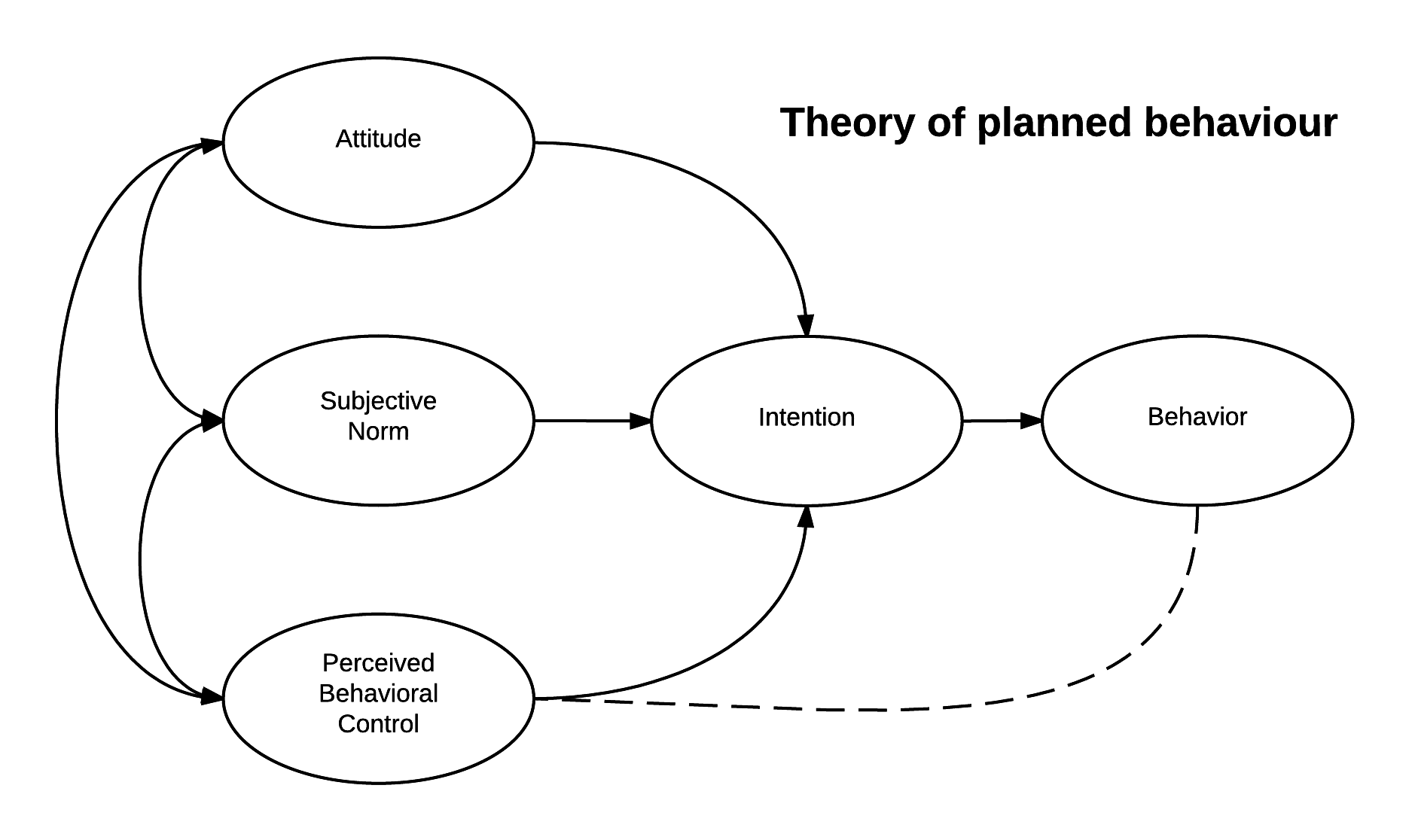
Stan Pipkin, owner of Lighthouse Solar in Austin, Texas, agreed with this take, reporting that “rationality” plays a very limited role with his company’s interaction with customers. “Remember, it’s not just the decision to go solar, but the decision to go solar with a particular company,” Pipkin added. Which brings to mind our industry’s typical focus on the installation as the most important action. Instead, Pipkin prefers to think of his end goals as transforming his customer’s relationship with energy, with the installation as simply the start of that promise. Uniting the sentiment of transformation with a customer’s emotions, however, requires listening to each customer on what they are actually interested in, and where they are entering solar from. “Tease out what are those emotional drivers that would lead them into a decision,” said Pipkin. “Then empower them based on that.
Understanding irrationality and emotion can open up a suite of business insights for solar contractors, our expert panel soon revealed. For example, Scott Nguyen said the Bodhi customer experience software from 17TeraWatts intentionally balances the customer perception that they can send questions and receive updates in a responsive manner, without actually overwhelming the solar project manager with real-time pings. Varun Rai said perception also matters with when customers have outdated knowledge about solar economics, basing their beliefs on decade-old notions (e.g. time to ROI). And perception also matters with your company’s brand altogether. “Keep in mind that the consumer journey just doesn’t have just one endpoint,” reminded Kelsey Ruger. “It’s how they found out about your product. How they learned about it. How they got introduced to you… it’s not just the point of purchase: it’s the entire journey and how you string those things together to create that experience around your brand.”
Which is why Stan Pipkin focuses on hiring sales staff who are empathetic people. “It’s not a deal to close — it’s a customer to curate towards a what can be perceived as a momentous or risky decision,” said Pipkin. Having an empathetic sales rep who can sense where on their path a customer might be — rather than just going by script and simply driving the sale — means that rep can operate more autonomously and seem more in sync with that prospect. “My approach has been to hire people that are actually outside of solar,” said Pipkin. “But have been at what I call ‘the sharp end of the stick’ in their life or some other way, where listening is the skill that is the differentiator between success and failure.”
The panel also discussed how decisions affect referrals as a customer action. Scott Nguyen’s mentioned the Fogg Behavior Model, which says for an action to be taken, a person needs to be motivated, have the ability to do that action, and a trigger to prompt that action. So you could pull the “ability” lever to encourage a referral. The easier the referral process — such as with the Bodhi software — the less motivation the customer needs to go make that referral.
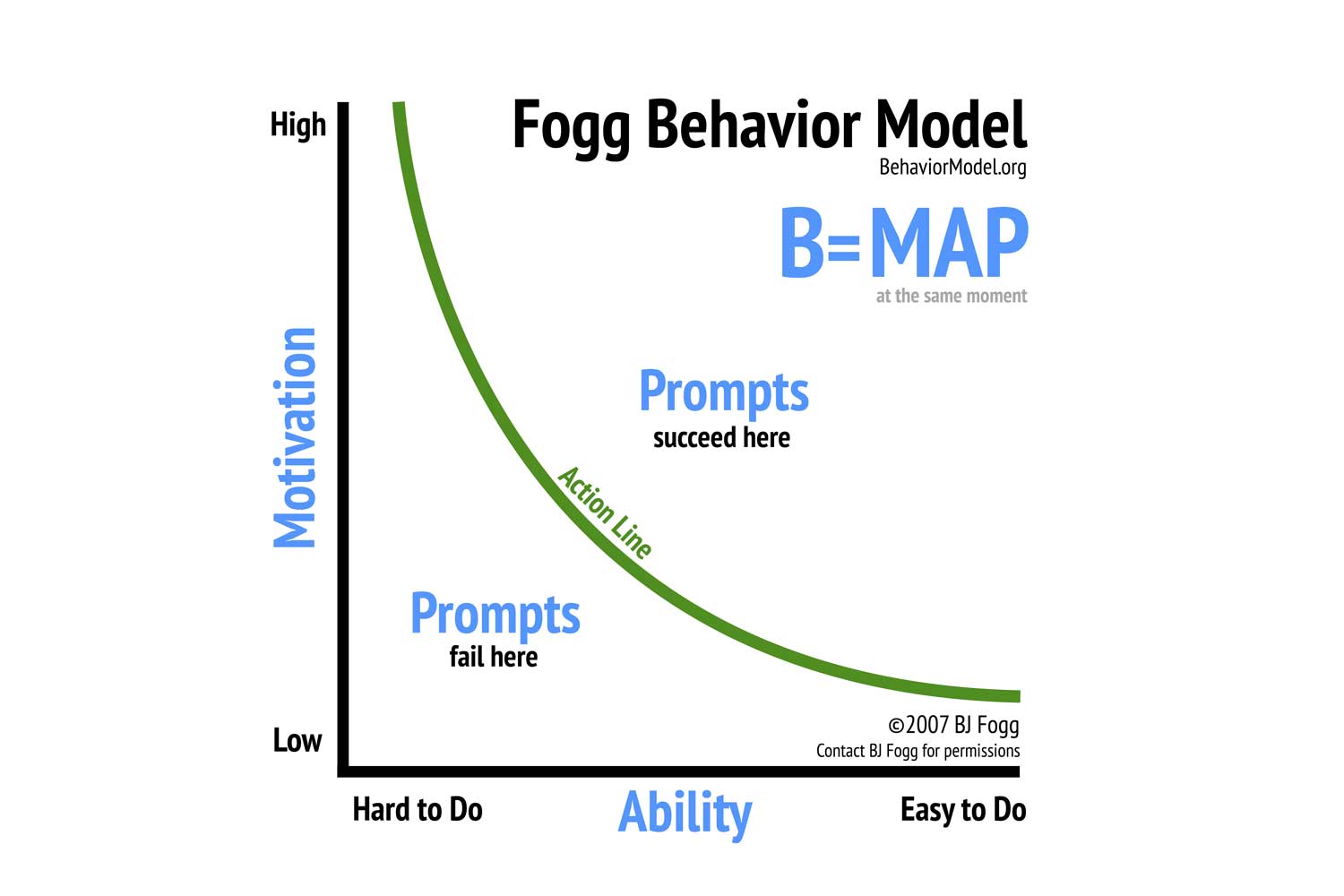
Image – 2007 BJ Fogg
Alternatively, you pull the “motivation” lever and create stronger emotions that trigger a referral. Stan Pipkin noted that in his experience, referrals rarely come from only one person: new leads can come with sometimes five referrals — neighbors, design pros, etc. And there are also past customers who are repeat referrers — is their motivation simply one of “paying it forward” — or do they care about their legacy of making a deeper, broader environmental impact by encouraging more solar? “Finding a way to make that societal contribution explicit is something we’re beginning to work on,” said Pipkin. “Personal impact, community impact, generational impact — what’s their legacy?”
Scott Nguyen and Varun Rai added a few more metaphors. Nguyen mentioned how video game developers think of emotional drivers. Does a player want to be “The First” to play that game (i.e. first on their block to install solar)? Are they a Socializer (i.e. they want to be seen)? Are they Explorers (i.e. they want to embrace and dive into new technology)? Or are they Killers (i.e. they want to take strong action against fossil fuels)? Rai added the need to also tease out the “spark events” that lead to a customer’s interest in solar (Big electric bill? Recently retired?) and capturing that emotion as part of a sales and relationship-building narrative.
Above all, for companies interested in building long-lasting relationships, empathy and emotion must continue well into post-installation. Varun Rai says contractors must be careful not to overpromise, and make sure that they have the staff and expertise to actually follow up and keep listening and responding to customers over the lifetime of their PV system.
“That’s a collaborative effort between the sales person and the customer,” said Stan Pipkin. “The customer calls in with a question after a system is up — anybody in our company needs to have that top-of-mind that what they’re really concerned about is: this decision that they made, is it making an impact they thought it would be?”
Thank you all again for participating in our Solar Town Hall events and being part of our solar community!
Subscribe to our newsletter
Stay up to date on the latest industry news, new product releases, BayWa r.e. news and more when you subscribe to our monthly newsletter.
Missed one of our events? Access all of our expert roundtables in our Solar Town Hall archives, find video excerpts on YouTube, and take podcast versions with you on the go via Spotify, Apple, or Google.
BayWa r.e. Solar Systems LLC supplies residential and commercial solar installers in the United States with quality solar + storage components, forecasting, business planning advice, and a community of experts. Visit www.solar-distribution.com to read our industry insights articles and stream our Solar Tech Talk and Solar Town Hall podcasts on YouTube and Spotify. Follow us on LinkedIn, Twitter, and Facebook to stay connected. Ask us about our Split Pay financing program and use our industry-leading Webstore to save time, get gear shipped, and get jobs done! Part of the BayWa r.e. Global family of renewable energy companies.
